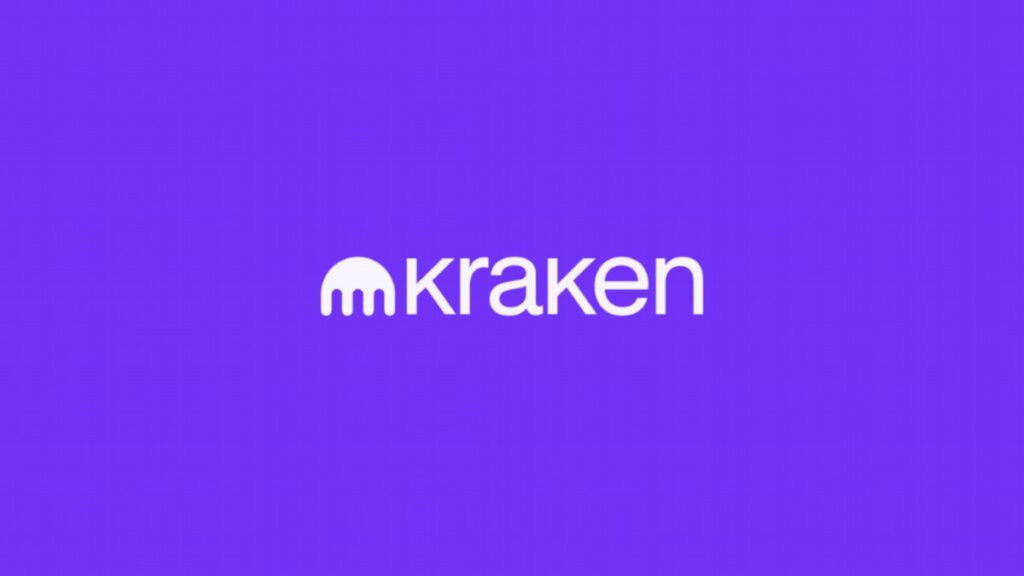Kraken launched its cryptocurrency wallet to compete with companies like Coinbase and Consensys.

On April 17, the second-biggest cryptocurrency exchange in the United States revealed its self-custodial wallet solution, providing a substitute for comparable offerings such as Trust Wallet, Phantom, and MetaMask.
As per Kraken, their cryptocurrency wallet is the first to use an open-source development approach, allowing contributors and blockchain builders to work with the app’s code on GitHub.
According to reports, the storage utility prioritizes security and privacy. The cryptocurrency exchange decides to employ internal systems to spoof user behavior, a tactic known as IP-masking.
In addition, white-hat actors were invited to evaluate the product for flaws and vulnerabilities. Successfully reporting bugs and security updates will reward developers through the company’s open-source award program.
In light of FTX’s collapse and the recent spike in interest in cryptocurrencies, the exchange attempts to outgrow rivals such as Coinbase and increase its footprint across various digital asset markets.
According to reports, Kraken reached out to several L2 firms about creating a decentralized chain akin to Coinbase’s Base, an Ethereum-based layer 2 network introduced by Coinbase earlier this year.
Kraken supports already L1 blockchains, such as the Nibiru chain. The business also unveiled its institutional section, which is tasked with providing services to large corporations and entering the spot Bitcoin (BTC) ETF market.
Notwithstanding SEC proceedings against it, Coinbase, the biggest cryptocurrency exchange in the United States, was selected as a custodian by six issuers, indicating a need for reputable virtual asset service providers.
Furthermore, the platform has expedited endeavors to obtain regulatory authorization across several jurisdictions. This year, a Wyoming-based licensing service for major institutions was introduced, and the cryptocurrency exchange was given the go-ahead to operate in the Netherlands.

